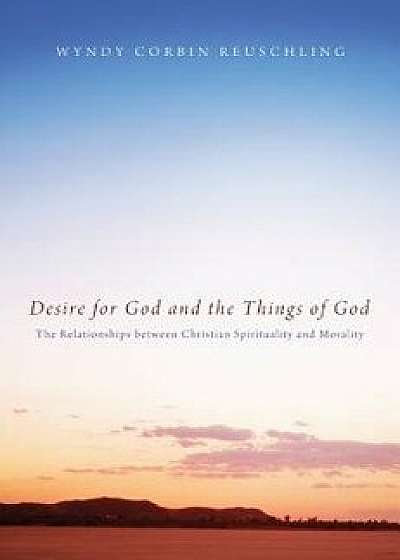
Desire for God and the Things of God: The Relationships Between Christian Spirituality and Morality, Paperback/Wyndy Corbin Reuschling
Descriere
Description Synopsis: For many Christians, spirituality and ethics are in separate mental and experiential compartments. Spirituality may be understood as an inner experience, while ethics is focused on decisions or positions on issues. Both of these views reduce spirituality and morality in Christian faith and practice, and ignore the centrality of desire for God and the things of God as key focal points for spiritual and moral formation. These aspects of Christian formation must be located in their scriptural and theological contexts in order to understand more fully what God desires for human life. This focus on desire provides content and context to Christian spirituality and morality. We are drawn outward to focus on God and the good of others while we learn to embody virtues, such as compassion, courage, self-control, gratitude, humility, and hope. Practices are crucial ways by which we learn to incarnate our ultimate desire of love for God and for what God desires in the pursuit of justice and goodness for all creation. In so doing, practices enable us to more fully integrate spiritual and moral growth in the processes of our desire for God and the things of God. Endorsement: "This is a welcome and overdue proposal for a moral Christian spirituality and a spiritually-rooted and energized Christian social engagement. With winsome wisdom, the author illuminates the reciprocating links between authentic experience of God and its embodiment (and further development) in active moral life. Properly ordered desire, she reveals, is the glue that re-bonds these too-often-divorced dimensions back together in a Christ-like wholeness. Protestants especially need this book " --Glen G. Scorgie Professor of Theology and Ethics Bethel University "In this thoroughly documented new book, Wyndy Corbin Reuschling argues that the reordering of desires, for which Christian discipleship aims, depends upon overcoming a huge gap commonly thought to separate private spirituality from s





